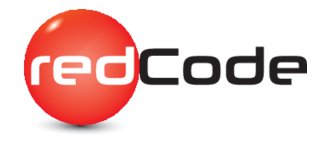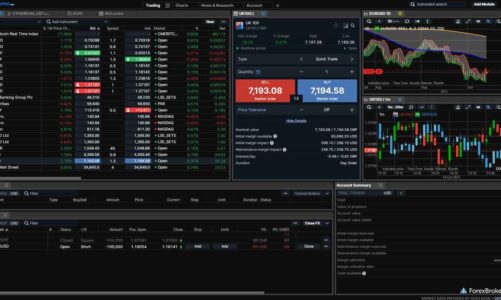Talent management is changing at a breakneck speed courtesy COVID-19 outbreak. For all its ill-effects on the socio-economic health of the countries, the pandemic has necessitated many transformations in the industries, including human resource management.
Making remote work a new normal. Something, which leaders were always apprehensive of.
Bringing employee well-being to the forefront; from years of being an ignored cause.
Underscoring the importance of HR leaders in crisis management.
2020 realized many such new developments in the talent management landscape. For those looking to advance their careers in people management, here are 5 major changes and trends that will dominate future HR departments.
5Upcoming Changes in Talent Management
1. Your Pandemic Story.
When hiring, looking for investors, or fostering trust within current teams, how talent management professionals communicate their company’s pandemic story will have a significant impact on all aspects.
What would you tell others on how you responded to coronavirus?Did you take layoffs, furloughs, or a reduction in salary routes? If so, what were your reasons for it? And, in what ways those decisions helped you?
How HR departments source talent wouldn’t change so much, but how you tell your story to new talent will determine your image in the market and the decisions of top talent of coming onboard. It will reflect: what do you stand for? Why should one take the leap to come and work for you?
2. The skill challenges.
The World Economic Forum has time and again pointed out the rising need for a skilling and reskilling revolution. In 2019, it was prophesized that over 54% of the employees will need to reskill and upskill themselves in the next 3 years to remain viable for the markets.
For talent managers, panning skills will be a big challenge going forward. Workforce planning will change. The war for relevant talent will become stiffer. Leading people management experts will not only opt for best HR and talent management certifications for themselves, but also encourage their employees to learn and upgrade to close the skill gap. Similarly, it will take more efforts to attract highly skilled people when you find them.
3. Focus on rebuilding, not just recruiting.
Talent acquisition wouldn’t be enough for HR leaders. They will need to go beyond to offer training and reskilling opportunities to the in-house talent. This follows from the previous point.
It will become difficult to find the right talent, and even when you do, the competition for that is likely to be high. So, to remain successful in what you do, it will be vital to build and nurture a learning culture within the organization itself. This will prompt reskilling and upskilling among current employees and make you an attractive destination for new ambitious talent.
It will be responsibility of talent management professionals to bring the management and board members onboard with the idea of growing talent from within. A learning strategy will complement when you upgrade processes in the business, introduce new technology, and plan for successions.
You may not always have the right talent in-house. But to hit-the-ground running and win the war for talent, growing employees from within through training and learning will bring success.
4. Human experiences.
Employee journey and experience have always been vital aspects for talent management. It will further intensify and become a major sway factor in young people’s decision on whether to join a company.
Before pandemic, less than 10% worked from home. COVID has disrupted most fundamentals HR leaders pegged on before – especially relationships within the teams, inter-teams, with managers, and organizations at large.
Now, most organizations havea significant percentage of talents and teams working remotely. In this lieu, the meaning of employee experience will change, and new focus areas will emerge. For instance, communication and leadership will become very crucial, followed by training and growth scopes for employees, among others.
Right job fit, a great coach, and a connection with the organization’s mission will be the main motivators for a good employee experience.
5. Technology, walking the razor’s edge.
Technology is a double-edged sword. It can smoothen the workload and processes, but its incorrect usage or inclusion at wrong places can also create troubles.
There are no two ways about using technology in HR. However, it is on the talent management professionals to humanize its use, and seamlessly integrate it to better communication and teamwork. HR tech will be pertinent in:
Facilitating remote work
Transform talent acquisition and management
Surveying teams to capture their views and pain points
Better communication (especially in work-from-home methodology)
Designing self-paced training interventions
Lead teams and create a transparent and high-trust environment
HR leaders, at present, are cautiously optimistic about the future, but anxiety remains. Bettering the present will ease out the challenges for the future. These are the trends people management professionals can start with to take talent management inthe right direction.
Call it an evolution of the discipline, or talent management 2.0, employee management will undergo many changes in the future. Also, will deepen the role of HR managers and leaders for organizations.




